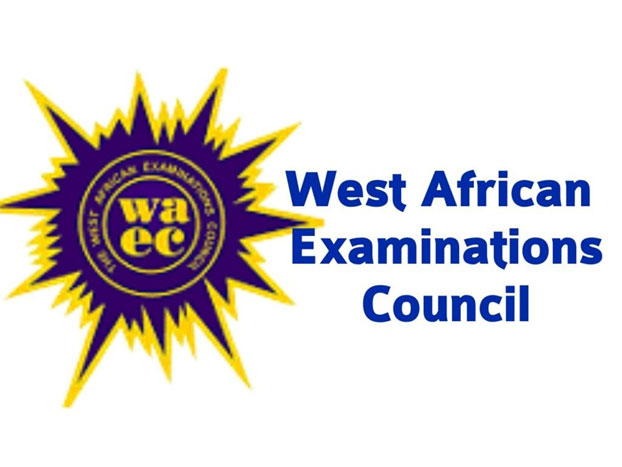The West African Examinations Council, WAEC, has announced four significant innovations for the upcoming 2025 West African Senior School Certificate Examination, WASSCE. One of such is a portal to access past questions.
The notable change introduces a unique question set for each candidate, alongside a transition to a computer-based examination format.
Dr. Amos Dangut, the Nigeria National Office Head of WAEC, expressed enthusiasm about these innovations, stating, “In our continuous effort to enhance the educational experience and improve student outcomes, WAEC is excited to announce the introduction of an innovative e-learning portal and an e-study portal, along with the availability of past examination questions.”
One of the key innovations includes the addition of past questions, which will now be accessible online.
This resource is designed to help candidates prepare effectively by familiarizing them with the exam format and question styles.
“By practicing with these questions, candidates can identify their strengths and areas that require improvement, leading to better performance in the examination,” Dr. Dangut explained.
The E-Learning Portal is another significant development. This platform will offer a comprehensive suite of educational materials, including video tutorials and interactive lessons tailored to the WASSCE curriculum. “By leveraging technology, we aim to create an engaging learning environment that encourages self-paced study, ultimately enhancing the academic readiness of our candidates,” he added.
Additionally, the newly introduced E-Study Portal will serve as a centralized hub for essential study resources, including study guides and revision tips. It will also facilitate collaboration among students through discussion forums.
“This will allow them to engage with peers and educators for a more enriched learning experience,” Dr. Dangut noted.
Further highlighting WAEC’s commitment to improving the examination process, several auxiliary initiatives have been introduced. The incorporation of the National Identification Number, NIN into the registration process, increased female participation, and the enlistment of approximately 26,000 practicing senior secondary school teachers as supervisors demonstrate WAEC’s emphasis on secure and effective examination administration.
Dr. Dangut commented on these efforts, saying, “These initiatives align with WAEC’s commitment to improving educational outcomes and providing candidates with the tools they need to succeed.”
With the examination period extended to eight weeks, candidates will have better access and scheduling flexibility.
Moreover, WAEC has partnered with the Nigeria Police Force and state governments to bolster security measures during examinations.
“Our goal is to reinforce the integrity of the assessment process,” Dr. Dangut added, highlighting ongoing awareness campaigns that educate candidates about the consequences of examination malpractice.
The 2025 WASSCE will cover a diverse array of subjects, with candidates being examined in 74 different areas, allowing for comprehensive assessment across various fields of study.
“By integrating technology into our examination process, we can better support our students in their academic journeys and uphold the integrity of the West African Senior School Certificate Examination,” concluded Dr. Dangut.



